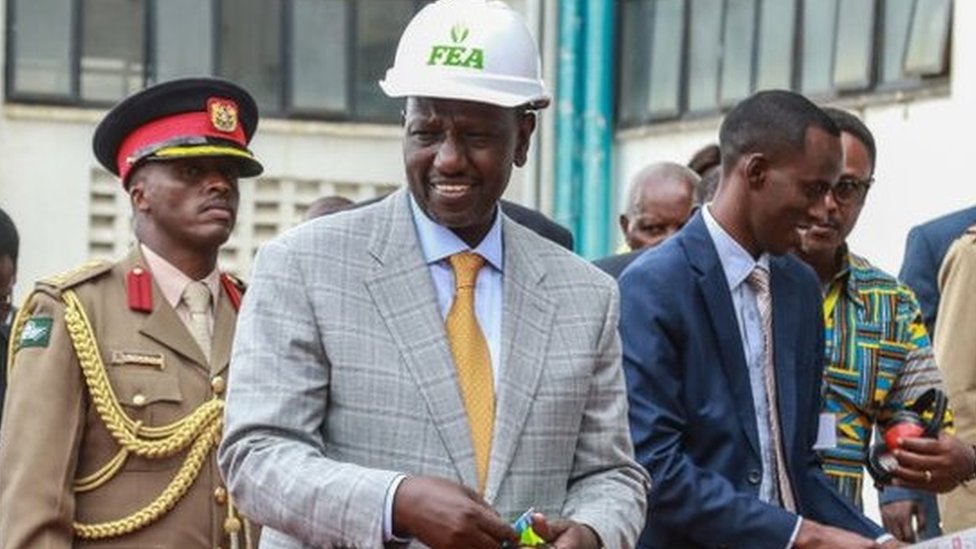During the signing of a 25-year trade deal between Kenya and the European Union (EU), President William Ruto celebrated the “remarkable partnership” between the two entities.
However, the agreement has sparked concerns regarding the unity of the East African region.
The actions of the region’s economic powerhouse have raised questions about whether it has undermined the unity of the East African region or if it had limited options but to pursue an independent path.
The debate surrounding this issue has been prominent throughout the week and is expected to escalate once official responses are received from the other six states in the East African Community (EAC).
Many argue that the regional trading bloc should have played a central role in the agreement with the EU, given its size and influence.
At present, the other member states of the East African Community (EAC) have remained silent on the matter.
However, the 25-year trade deal between Kenya and the EU, which is the most extensive agreement ever negotiated by Kenya, appears to contradict the stance taken by the Tanzanian government, at the very least.
In a statement issued last year, the Tanzanian government expressed its commitment to supporting an agreement that benefits the entire East African Community (EAC) rather than solely focusing on Tanzania’s interests.
Kenya’s decision has caused significant discontent among lobby group Econews Africa, to the extent that they are considering legal action to challenge it.
According to Econews Africa’s executive director, Edgar Odari, Kenya has prematurely initiated new negotiations with the European Union, specifically regarding a trade and sustainable development chapter. Odari asserts that Kenya has proceeded to have the agreement signed by President Ruto without proper consultation.
Kenya signed a deal with the EU in 2016, which was brokered by the EAC. However, the agreement did not come into full effect as the majority of other members in the regional bloc declined to sign it.
Supporters of President Ruto’s bilateral deal accuse the other members of the regional bloc of delaying the finalization of the agreement, leading to Kenya bearing the brunt of the consequences.
Advocates highlight that Kenya is the sole member of the East African Community (EAC) classified as an “emerging” country, whereas the others are categorized as “least developed.” This distinction implies that the exports of the remaining EAC nations could still access the EU market even in the absence of a deal.
To secure continued access to the profitable market, Kenya had to independently negotiate and finalize its own agreement, as failing to do so could have resulted in losing access altogether.
Source : bbc.com







